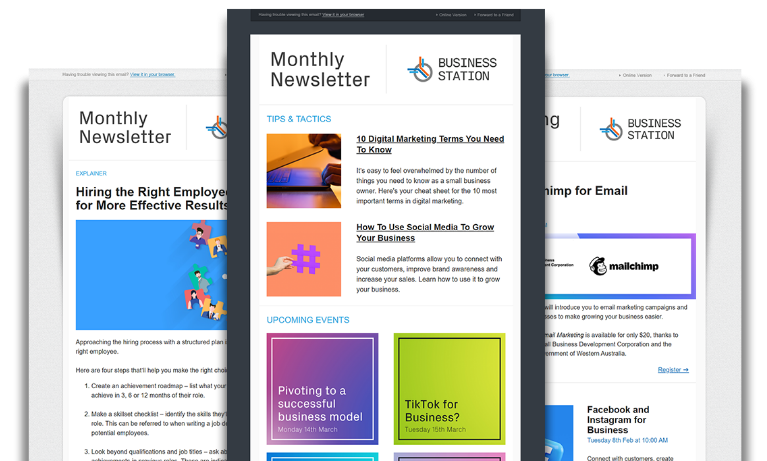There’s an old Monty Python sketch where a man walks into an office and pays for an argument. What he gets, however, is little more than an exercise in contradiction.
“No, it isn’t.” “Yes, it is!” “No, it isn’t.”
The absurdity of the exchange is what makes it so brilliant—and, let’s be honest, eerily familiar to anyone who follows politics.
Take, for instance, the ongoing sparring between Minister John Carey and Lord Mayor Basil Zempilas. These two have turned debating into an art form, regularly clashing over Perth’s housing, homelessness, and the future of the city. Whether it’s urban planning, council responsibilities, or how to handle rough sleepers, they always seem to find themselves on opposite sides—often in a very public and theatrical way.
But are they really arguing, or are they just contradicting each other? And more importantly, are they listening to the people caught in the middle?
Debate vs. Dismissal: The Fine Line in Leadership
Healthy debate is a cornerstone of good governance. But too often, political arguments devolve into a contest of egos rather than a genuine exchange of ideas. When leaders argue well, they challenge each other with substance. When they argue poorly, they talk past each other, armed with pre-scripted soundbites rather than actual engagement.
This is where dismissal becomes dangerous. The longer someone is in power, the easier it is to start believing they already know best—that they’ve heard it all before and that anyone disagreeing must simply be uninformed, misguided, or (in the case of local politics) just trying to score points.
The classic mindset? “What do they know?”
But in politics, as in business, the so-called “little people” often have the clearest view of what’s actually happening on the ground.
The Ladder of Inference: Why We Jump to Conclusions
Enter the Ladder of Inference, a concept by psychologist Chris Argyris that explains how people move from observation to decision-making—often skipping key steps along the way.
The ladder works like this:
- Observe Data – Raw facts, unfiltered.
- Select Data – We notice only what fits our worldview.
- Interpret Data – We give meaning to what we’ve selected.
- Make Assumptions – We fill in gaps with our own biases.
- Draw Conclusions – We decide what’s true.
- Adopt Beliefs – We reinforce our stance.
- Take Action – We respond accordingly.
The problem? We often climb this ladder too fast, leaping straight to conclusions before truly understanding the issue.
Take the Carey-Zempilas battles. Both are passionate about Perth, both want it to thrive, but their constant clashes sometimes feel less like constructive debate and more like political point-scoring. Each assumes they already know the other’s angle, so the debate gets stuck on the same old cycle.
Meanwhile, the actual people—the ones trying to run businesses in the CBD, the ones struggling to find housing, the ones affected by council and state decisions—are often left watching from the sidelines, wondering if the argument is about them or just between them.
The Best Leaders Argue to Understand, Not Just to Win
The real test of leadership isn’t how well you win an argument but how well you engage in one. That means:
- Listening to understand, not just waiting for your turn to speak.
- Checking your assumptions before jumping to conclusions.
- Acknowledging when an opponent has a point—without feeling like you’ve “lost”.
Because if all you’re doing is saying “No, it isn’t!”—then congratulations, you’re now starring in a Monty Python skit.




